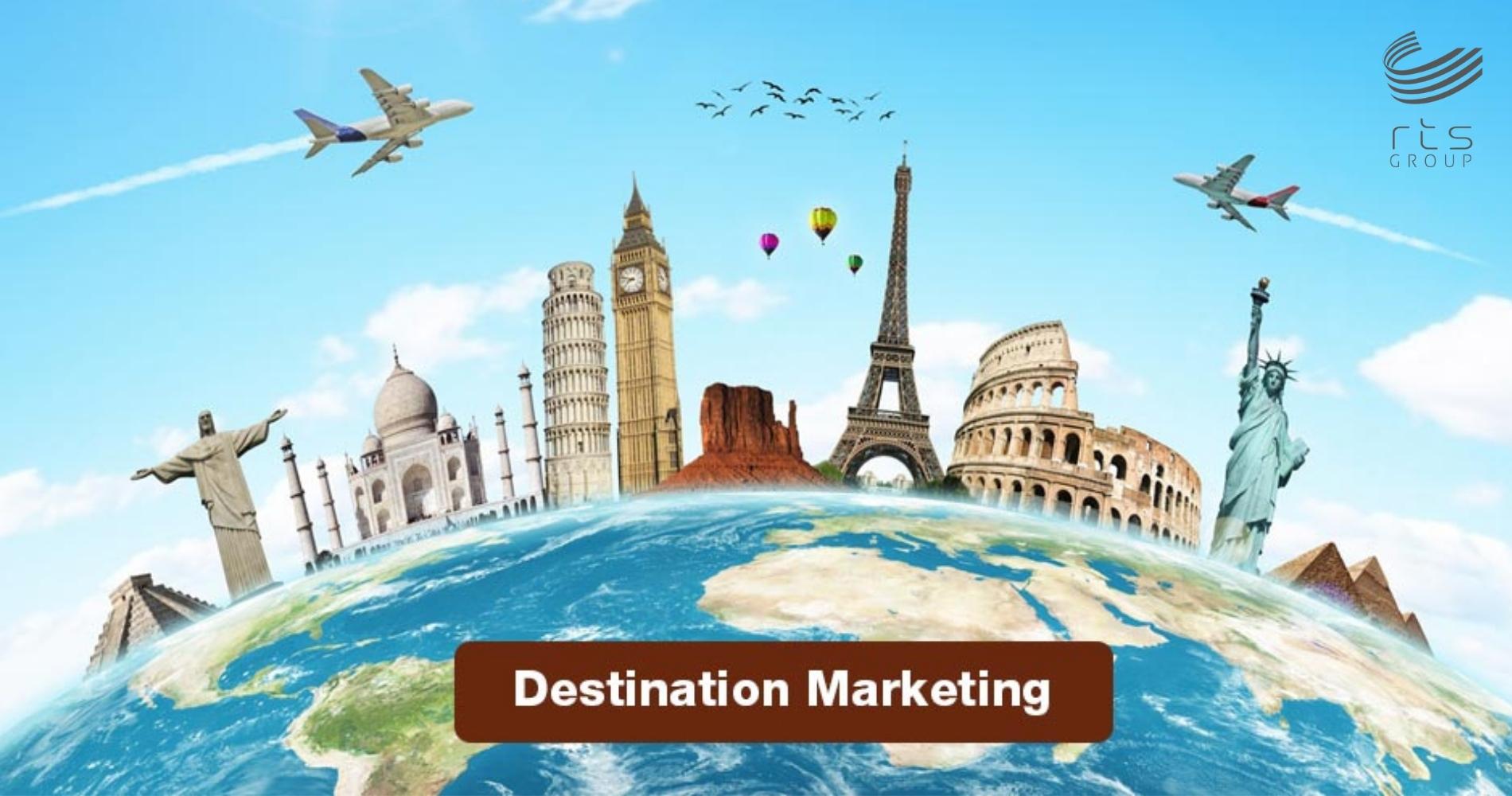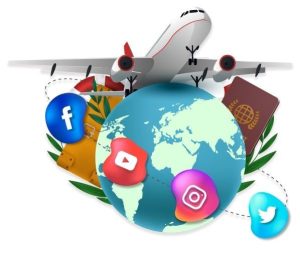
What is destination marketing ?
Tourism marketing is a marketing strategy used in the travel industry to focus on promoting a location and its benefits instead of the product or service that a company offers. This could be a country, a town or city, or even a specific holiday resort or attraction. The purpose of destination marketing is to raise customers’ awareness of a particular location, either to get them to start thinking about visiting. A brand’s offering is implied by subtle references and calls to action, with the hope that potential customers will choose to book a holiday to that destination through that brand’s website.
Over the last few years, destination marketing has expanded from early promotional efforts to provide a more comprehensive range of products and services for both consumers and businesses. As part of the marketing services provided by destination Marketing, it is important to market the destination’s brand, identity, and image. A marketing communication strategy is crucial to marketing perceptions, developing demand for the destination, identifying and communicating distinctive visitor experiences, and promoting the sustainability of the community. It involves promoting a destination to a wide range of potential guests including business as well as leisure travelers as well as meeting planners, tour operators, travel agents, and consumers.
Benefits of Destination Marketing

As a result, destination marketing enables businesses to create emotional connections with potential customers. Engaging the emotions of your target audience can help a brand build affinity with them, as engaging their emotions increases the chances of a successful conversion. This method involves showing what an experience might be like at a certain destination, encouraging people to imagine a holiday there, and planting seeds of intrigue to get people excited about the destination. Several methods exist to accomplish this goal, including creating video content, providing customers with exclusive guides and recommendations, and sharing client testimonials through destination marketing. All of these strategies will help your company demonstrate its human side and instill a sense of trust with clients.
Throughout the past few decades, the concept has grown from early promotional campaigns to a more integrated and systematic function that is backed up by various marketing strategies, all undertaken in a multidisciplinary collaborative effort. The whole goal of tourism promotion is to make tourists aware of a particular destination, persuade them to consider coming there, and increase their willingness to spend a considerable amount of time and money at that destination. Therefore, in order to understand the design process better, there are four integrated stages that occur simultaneously - research, planning, implementation, and monitoring.
- Research
A destination's research can assist it in determining its strengths, weaknesses, opportunities, and threats. This is done by identifying target markets and how to reach them. It is part of a continuous marketing process that happens before, during, and after other destinations' marketing activities.
- Planning
Planning translates research findings into actions designed to achieve specific goals. Planning involves:
- Developing an overall destination marketing (DM) strategy.
- Identifying and prioritizing target markets.
- Developing appropriate messages for each target market.
- Developing strategies and action plans.
- Selecting marketing tactics.
- Implementing
The DM plan is fulfilled when activities are implemented. The implementation of an integrated marketing campaign includes various tactics, such as advertising, direct marketing, online marketing, social media, and public relations, among others.
- Monitoring
In order to make sure that marketing strategies for destination destinations are meeting their objectives, monitoring must be conducted. The process of monitoring allows us to identify what is working well and what needs to be changed, as well as what improvements can be made to our processes.
Tourism is an industry that is dominated by destination marketing, a strategy applied by all companies in the tourism sector, from the smallest travel agency to large industry groups. In contrast to focusing on holiday packages and travel deals that are specific to specific destinations, businesses can instead focus on the benefits and unique characteristics of a certain location, building up their authority as an expert provider for that location while providing marketing content that inspires and engages rather than hard selling.
